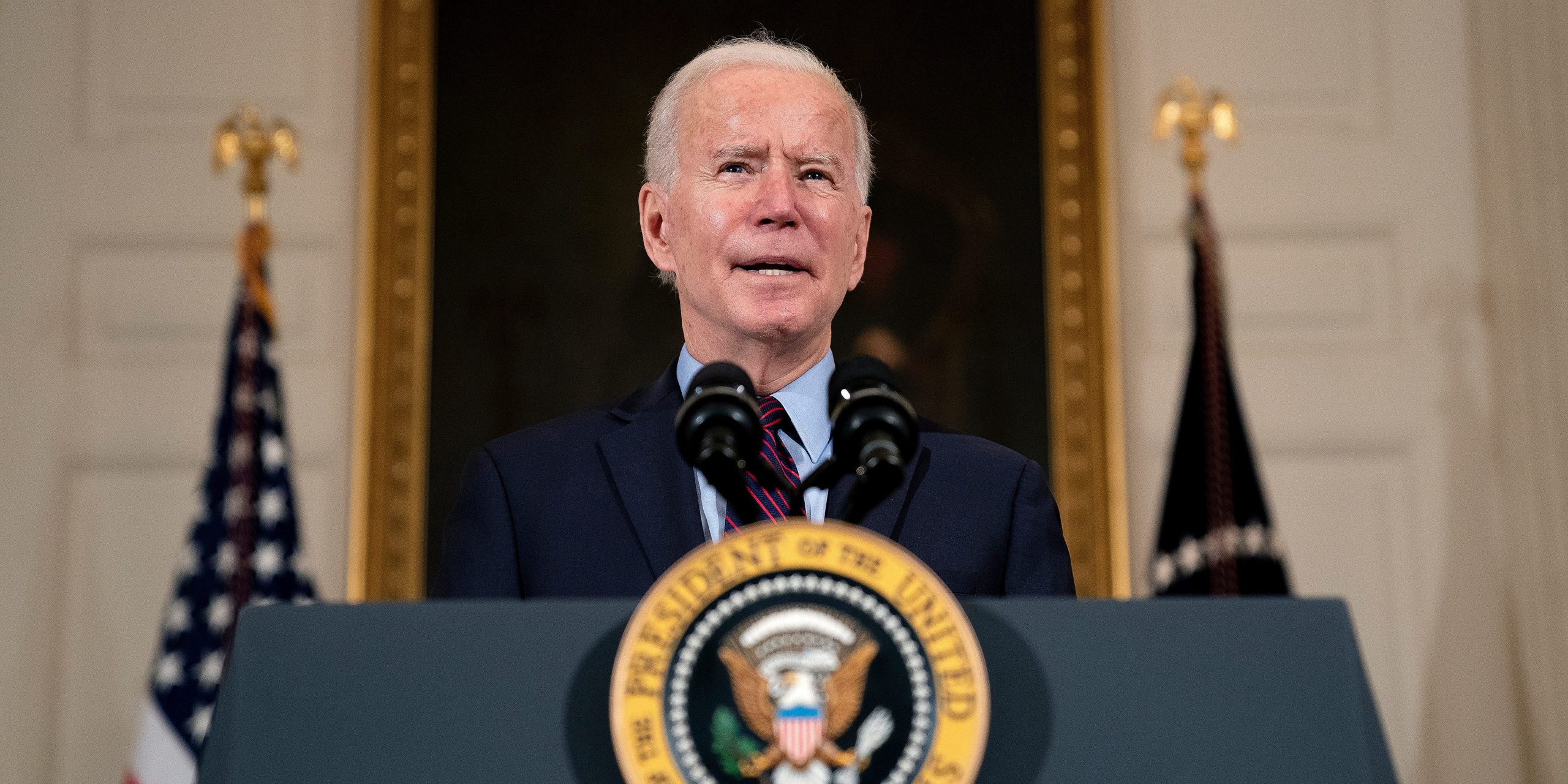
Stefani Reynolds-Pool/Getty Images
- A Morning Consult report found that 22.6 million Americans will be able to pay their bills through mid-July with $1,400 stimulus checks.
- The report recommended lower income thresholds, increased child payments, and extended unemployment aid to mitigate risks that the pandemic could bring.
- The House Committee on Ways and Means included unemployment benefits through August 29, which some Democratic lawmakers said was not enough.
- Visit the Business section of Insider for more stories.
A $1,400 stimulus checks by March 1, would help 22.6 million Americans to pay their bills in full through mid-July without going into debt, according to a report released by Morning Consult on Friday.
The House Committee on Ways and Means included $1,400 stimulus checks with a $75,000 income threshold for individuals in its stimulus bill, and the report from Morning Consult found that if those checks are delivered by March, many Americans will be able to avoid financial hardships through mid-July.
In January, according to the report, roughly 30.2 million adults were unable to pay their bills, but following the $600 stimulus payments approved in December, there was a seven percentage-point improvement from the months prior in terms of ability to pay.
“In other words, the stimulus checks have not dramatically changed the number of people unable to pay their bills, but it brought them closer to paying their bills,” the report said.
Financial suffering was concentrated in low-income groups making $50,000 or less per year, according to the report, with 16% of survey respondents in those income groups indicating that their expenses exceeded their incomes in January.
If widespread vaccinations are successfully achieved by the end of June, economic activity should accelerate in July and make government support less necessary, the report said. But in the case that vaccinations are not being distributed at the proposed speed, here are the two main recommendations from Morning Consult to ensure Americans do not lose needed aid:
Decrease income thresholds for the stimulus payments and increase child benefits
"Redirecting the money sent to higher-income households to lower-income households or small business assistance would drive consumer spending higher and reduce more financial hardship," the report said.
This recommendation did not specify a threshold for individuals, but it plays into the concerns of many Democratic lawmakers, in that lowering the threshold below $75,000 - which was the threshold for the $600 payments - will cut out many individuals from needed aid.
In addition, the report said two-parent households spent 65% of their second stimulus checks, compared to the 60% non-parents spent, calling for the third wave of payment to increase the additional money parents receive per child.
Extend unemployment benefits through September and implement automatic stabilizers
The Ways and Means Committee included extended $400 weekly unemployment benefits through August 29, which contrasted President Joe Biden's request to extend the benefits through September. The report said that extending those benefits through September, along with automatic stabilizers - a budget feature that offsets economic fluctuations - will help mitigate risks that could come with ongoing pandemic challenges.
Sen. Ron Wyden of Oregon said in a statement that he would fight to get six months of unemployment benefits provided through September, given that both stimulus checks and unemployment aid play a "critical role" in supporting families.
"We can do both," Wyden said.